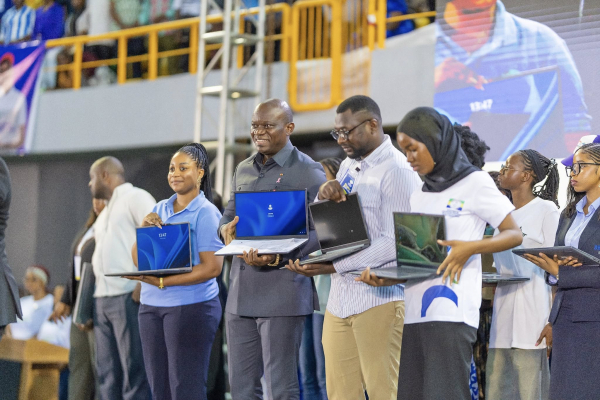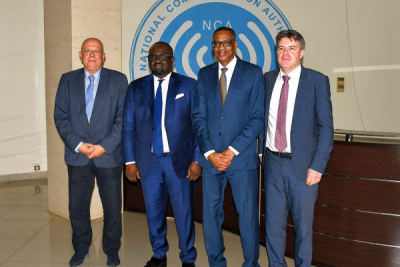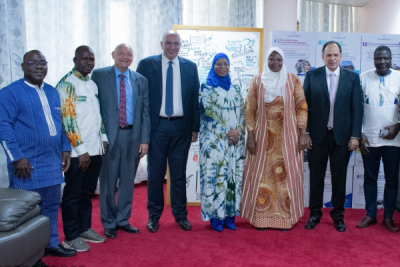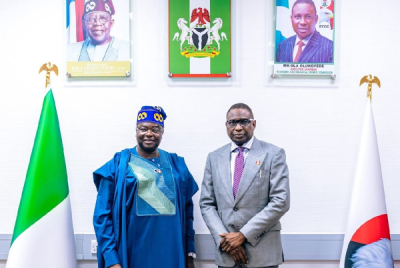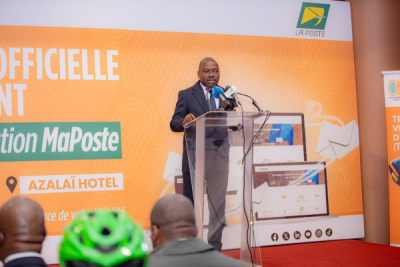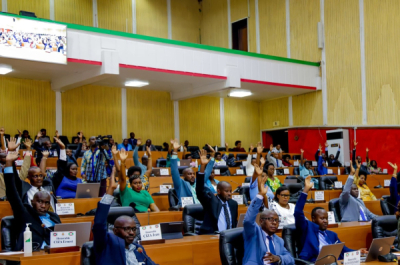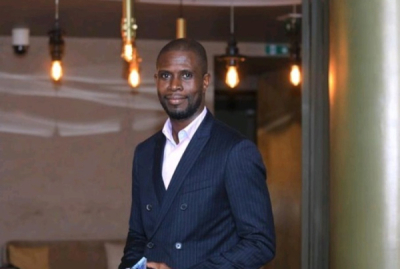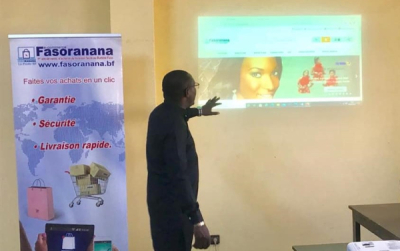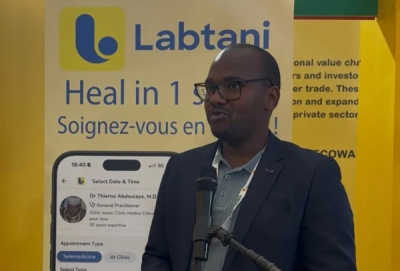-
President Oligui Nguema unveils “One Student, One Computer” initiative
-
Program aims to reduce the digital divide and promote inclusion
-
Effort aligns with Gabon’s broader digital transformation strategy
Gabonese President Brice Clotaire Oligui Nguema launched the “One Student, One Computer” program on Saturday, October 18, which plans to distribute 10,000 laptops to students. The goal is to equip young people with the tools they need to thrive in an increasingly digital academic and professional environment.
“The future of Gabon depends on an educated, equipped, and determined youth ready to face modern challenges. Digital technology is an opportunity for each of you to learn, innovate, and build a stronger, more prosperous Gabon,” said the president at the launch ceremony.
Led by the Ministry of Digital Economy, Digitalization, and Innovation, the program is part of a broader strategy to close the digital gap and enhance technological inclusion. Beyond providing equipment, it seeks to empower young people to play a central role in the country’s digital transformation.
According to the International Telecommunication Union (ITU), Gabon has made major strides in integrating digital technology into its development agenda, earning a score of 76.1 out of 100 and ranking first in Central Africa ahead of countries such as Senegal and Côte d’Ivoire.
However, the country still lags in preparing talent for artificial intelligence. The “AI Talent Readiness Index for Africa 2025” ranks Gabon 32nd out of 54 African countries, highlighting progress but also the need to strengthen training and the digital ecosystem to catch up with regional leaders.
By providing laptops to students, Gabon is taking a concrete step toward democratizing digital access. To ensure lasting impact, the government will need to complement this effort with measures such as improving nationwide internet connectivity and offering accessible or free training in advanced digital skills, including artificial intelligence, coding, robotics, and other emerging technologies.
In the long term, the initiative could boost academic research, foster local innovation, and prepare a new generation ready to compete in Africa’s and the world’s digital economy, leveraging technology to create new economic and scientific opportunities.


